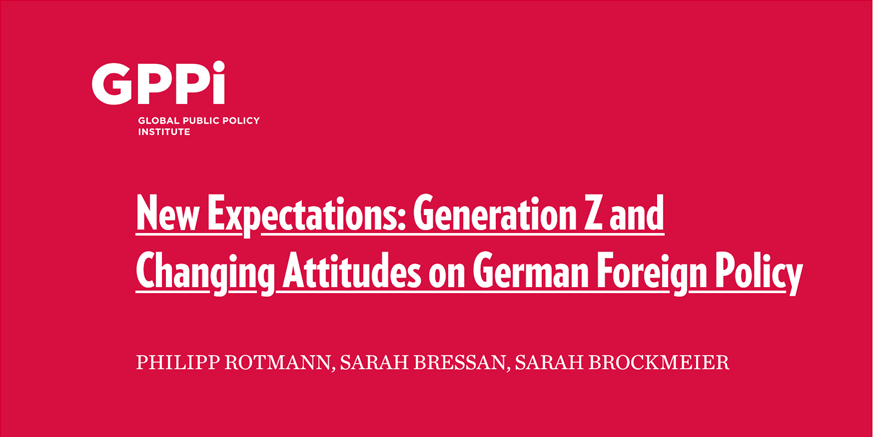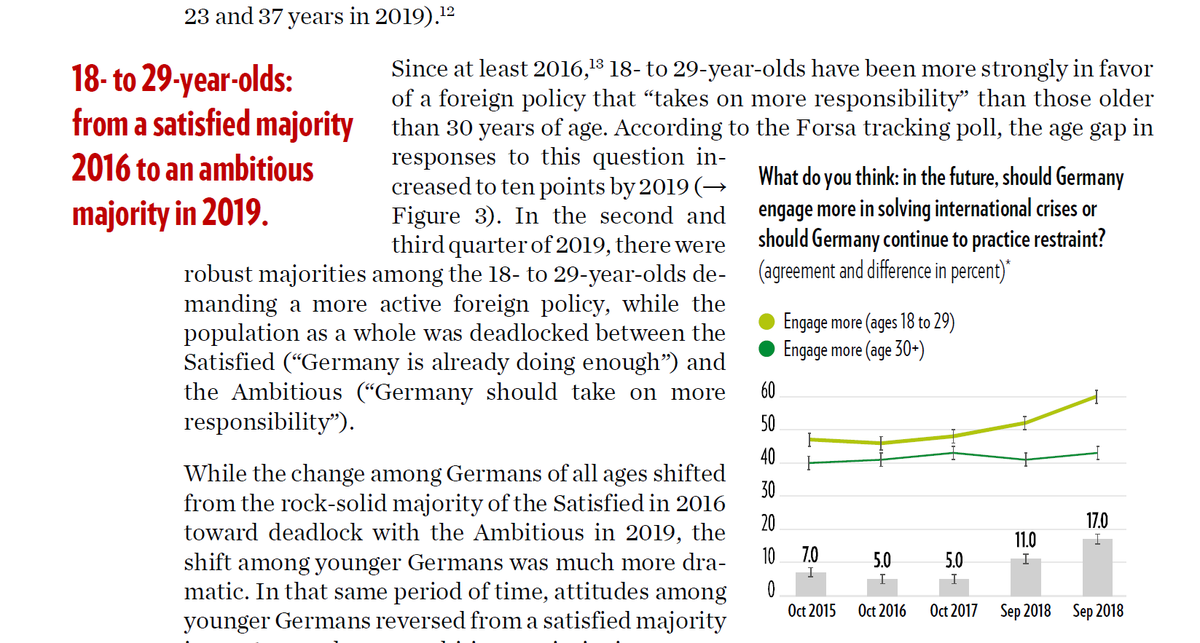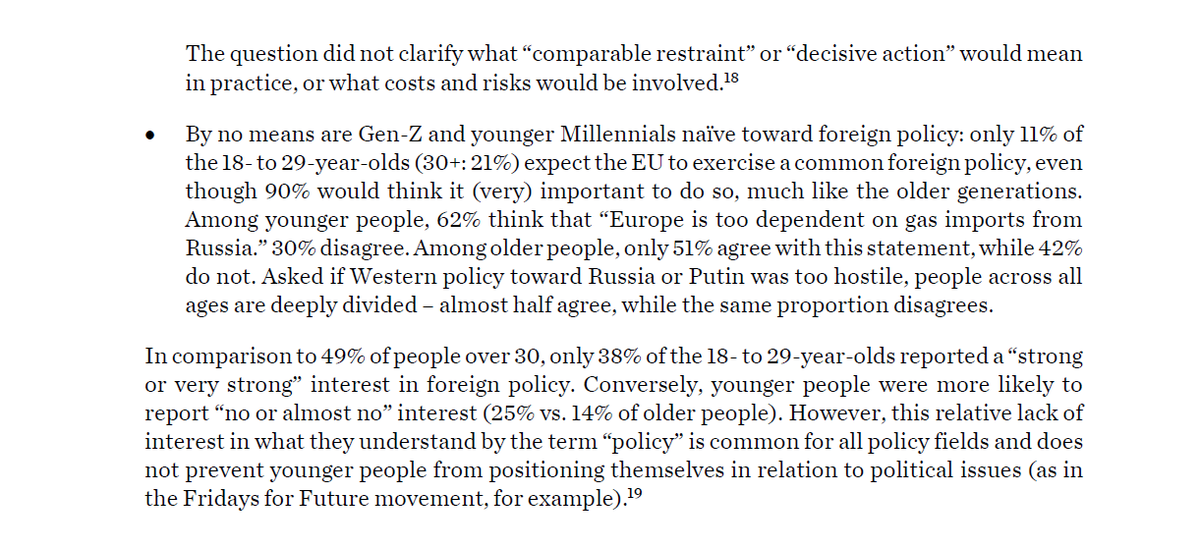Wait a minute. @bressansar, @sarahbrockmeier & I mined some recently released survey data.
Prepare for some surprises. 1/

What's this poll, and do other polls confirm this? 4/
Most of them actually want a more ambitious foreign policy. Hello, @heikomaas! 11/

Here, we're facing some data gaps. Everybody likes diplomacy, so pollsters don't spend 💶 to ask about it. 17/













